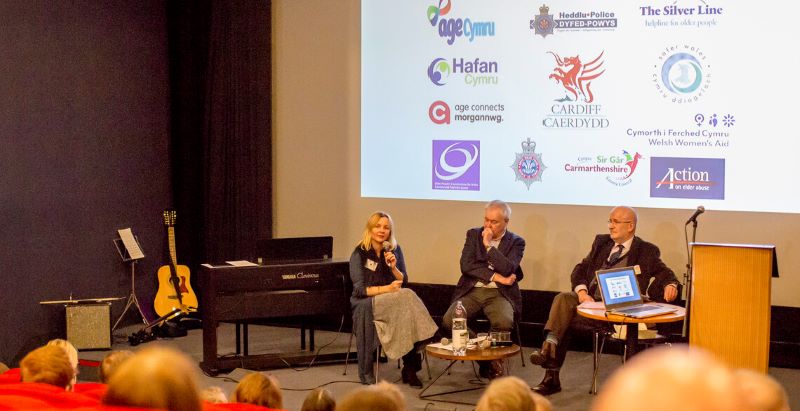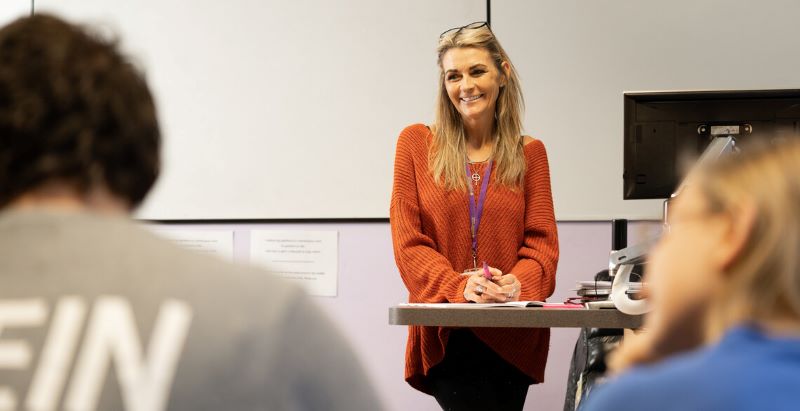Criminology
Why do people commit crimes? Can anything be done to support crime prevention or, once crimes have been committed, to prevent or reduce levels of reoffending? What steps should be taken to rehabilitate offenders to ensure their reintegration into society?
If you’re interested in the answers to any of these questions, or have some of your own, then Criminology may be the subject for you. A Criminology degree will equip you with key concepts and theories to define, investigate, recognise, and respond to crimes and those who are accused of or commit them.
Criminologists address questions including what is crime, and how has crime changed over time? What are the impacts of the ‘criminal’ and ‘victim’ labels? How can we reduce offending and properly address the issue of victimisation? Are our prisons fit for purpose? At Aberystwyth, we give you the chance to expand your criminological imagination, learn how criminological research is undertaken and develop the skills required to conduct research of your own. We want to help you fulfil your potential to become a 21st century Criminologist!
Why study Criminology at Aberystwyth University?
- We offer a stimulating, supportive and rewarding environment within a dynamic, forward-looking department that understands crime, its impact and the Criminal Justice system.
- Criminologists at Aberystwyth are particularly interested in the experiences of specific groups within the criminal justice system or associated groups, such as young people, innocent prisoners, those with mental health issues, victims, offenders, policymakers and criminal justice and other practitioners.
- Our modules cover areas including criminal and forensic psychology, youth justice, wrongful convictions, policing, cyber security, terrorism, drugs and imprisonment.
- You will draw on sociological, psychological and criminological theories and real-world examples to explore the consequences of being labelled a ‘criminal’, the impact of crime on victims and society, and to uncover the motivations of those who commit crimes, putting them into the context of policy and prevention.
- You can study Criminology alongside Law, giving you an insight into the legal framework impacting the criminal justice system.
- You will have opportunities to develop practical skills and get hands-on experience, all while gaining credits towards your degree.
- Criminology has been taught at Aberystwyth University for almost two decades and has a fantastic reputation for teaching quality allied to core employability skills.
- Studying Criminology allows you to develop a range of transferable skills, ready for your career in the criminal justice system and beyond.






.jpg)